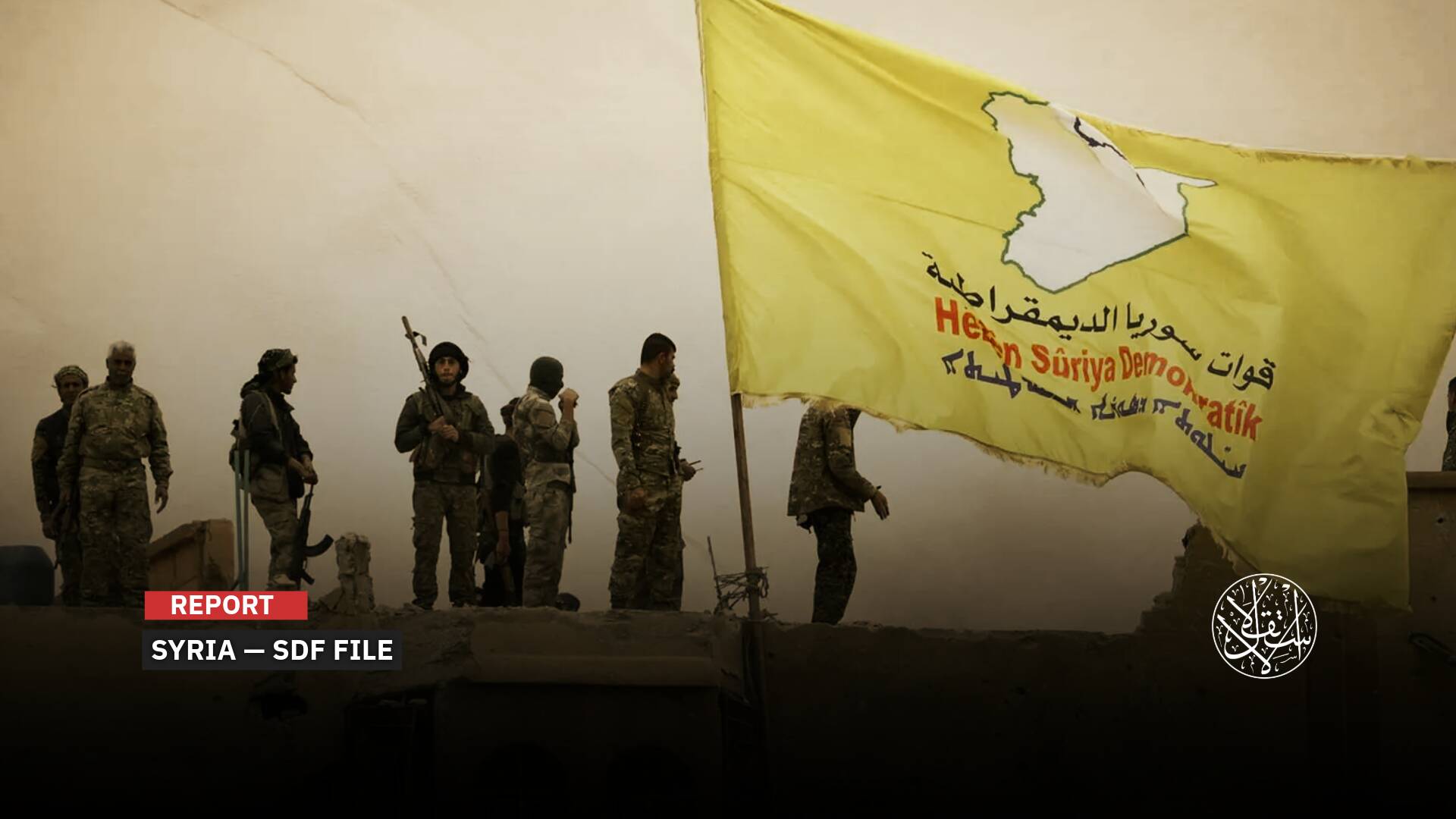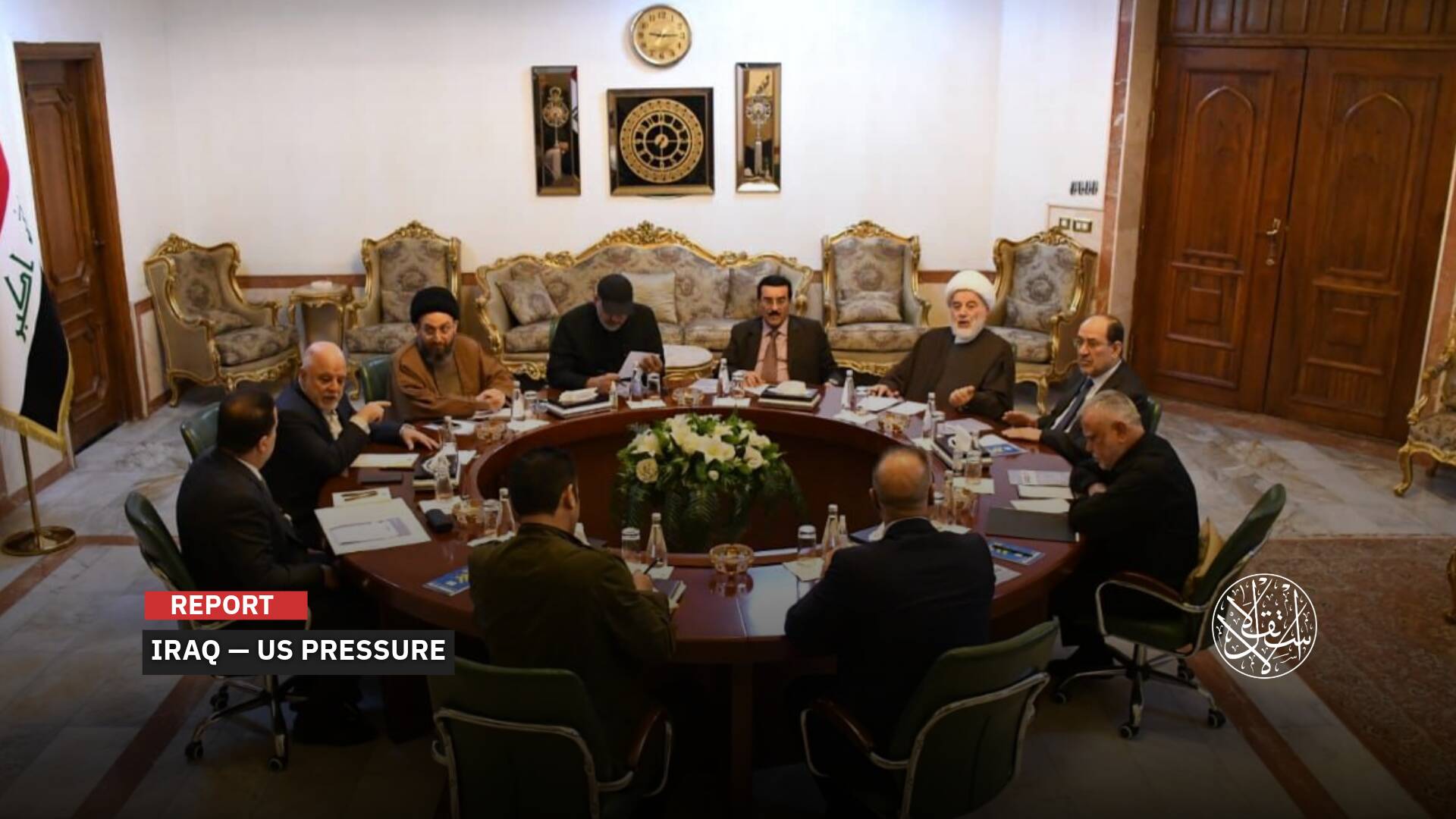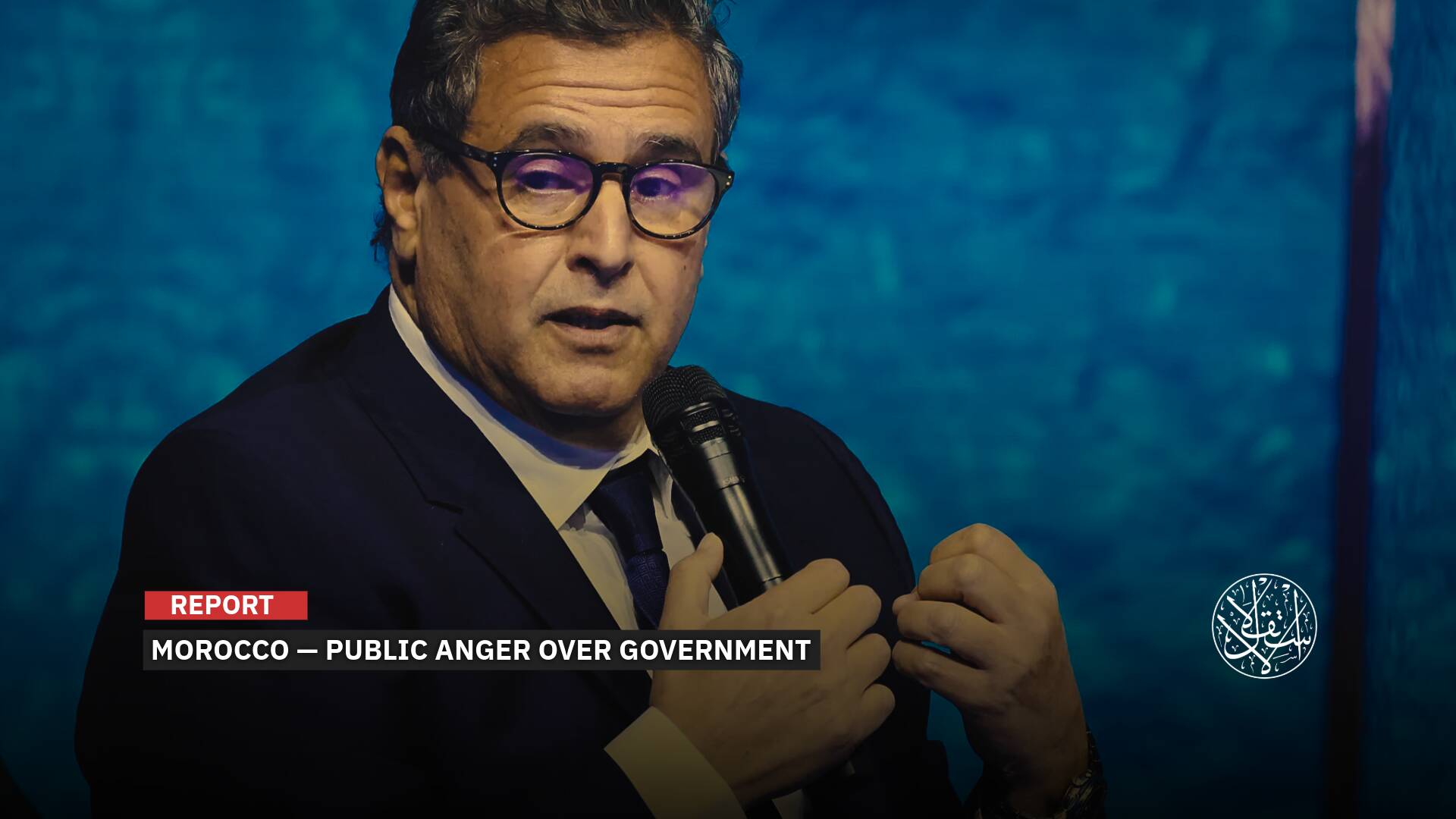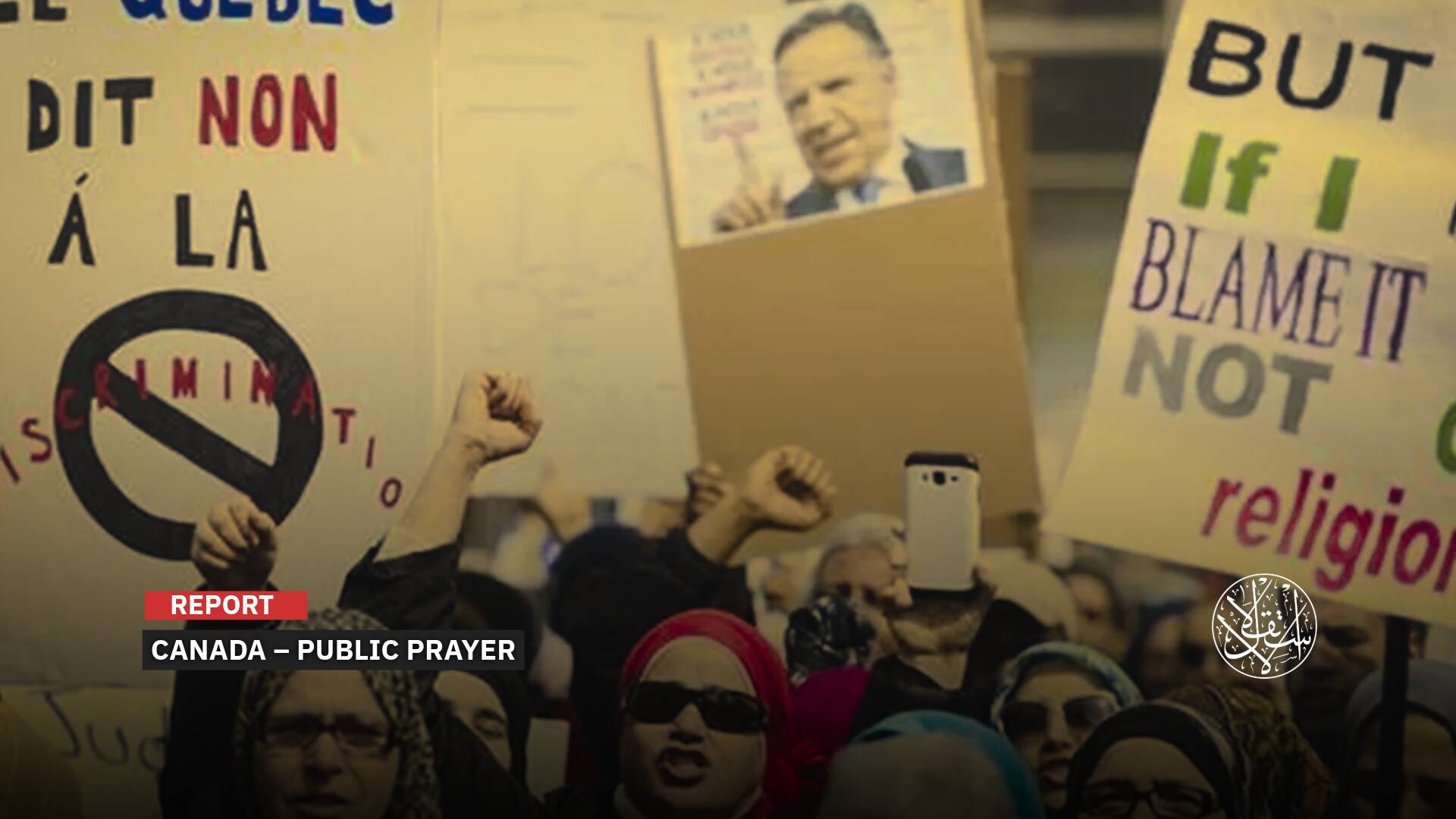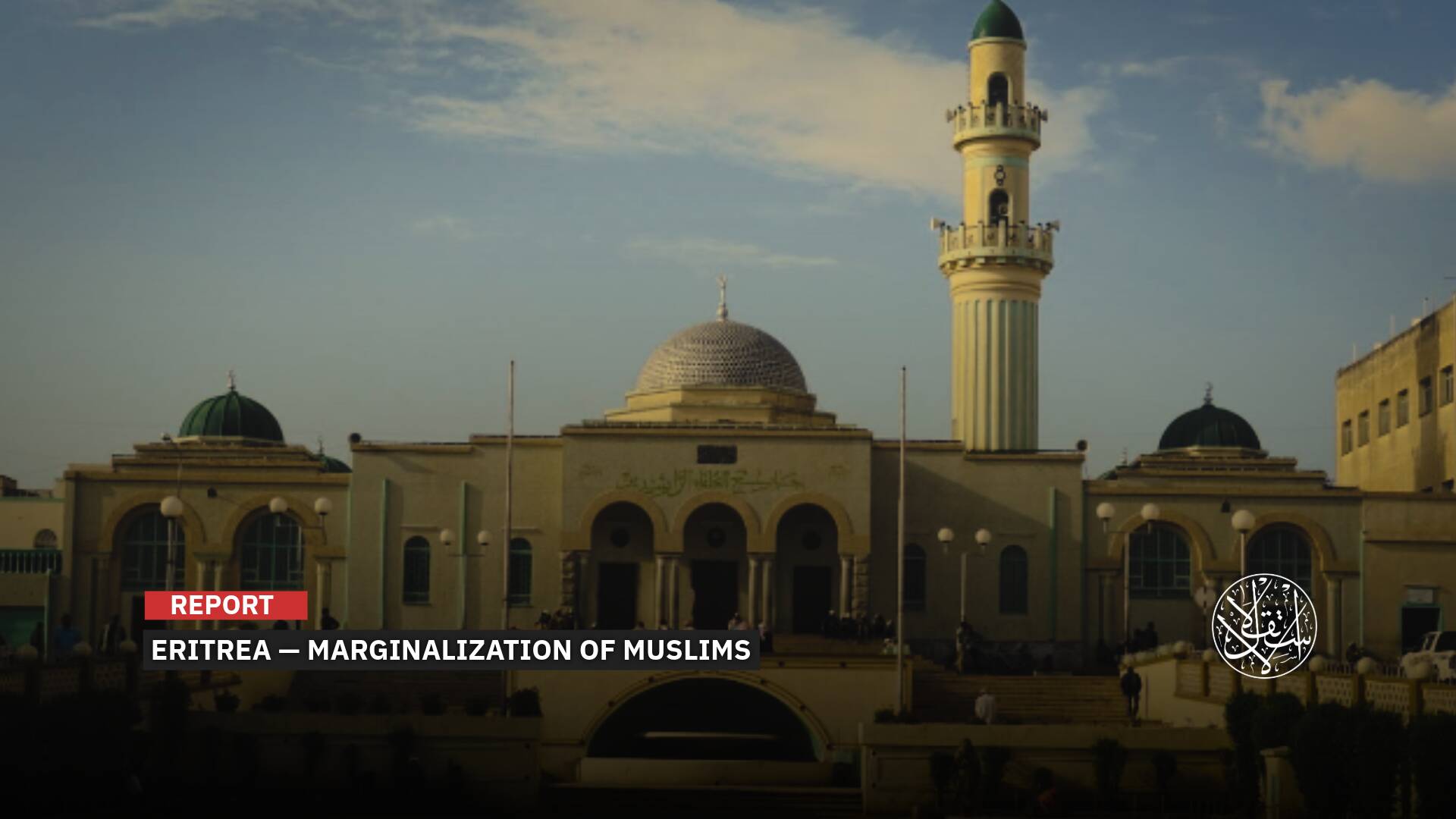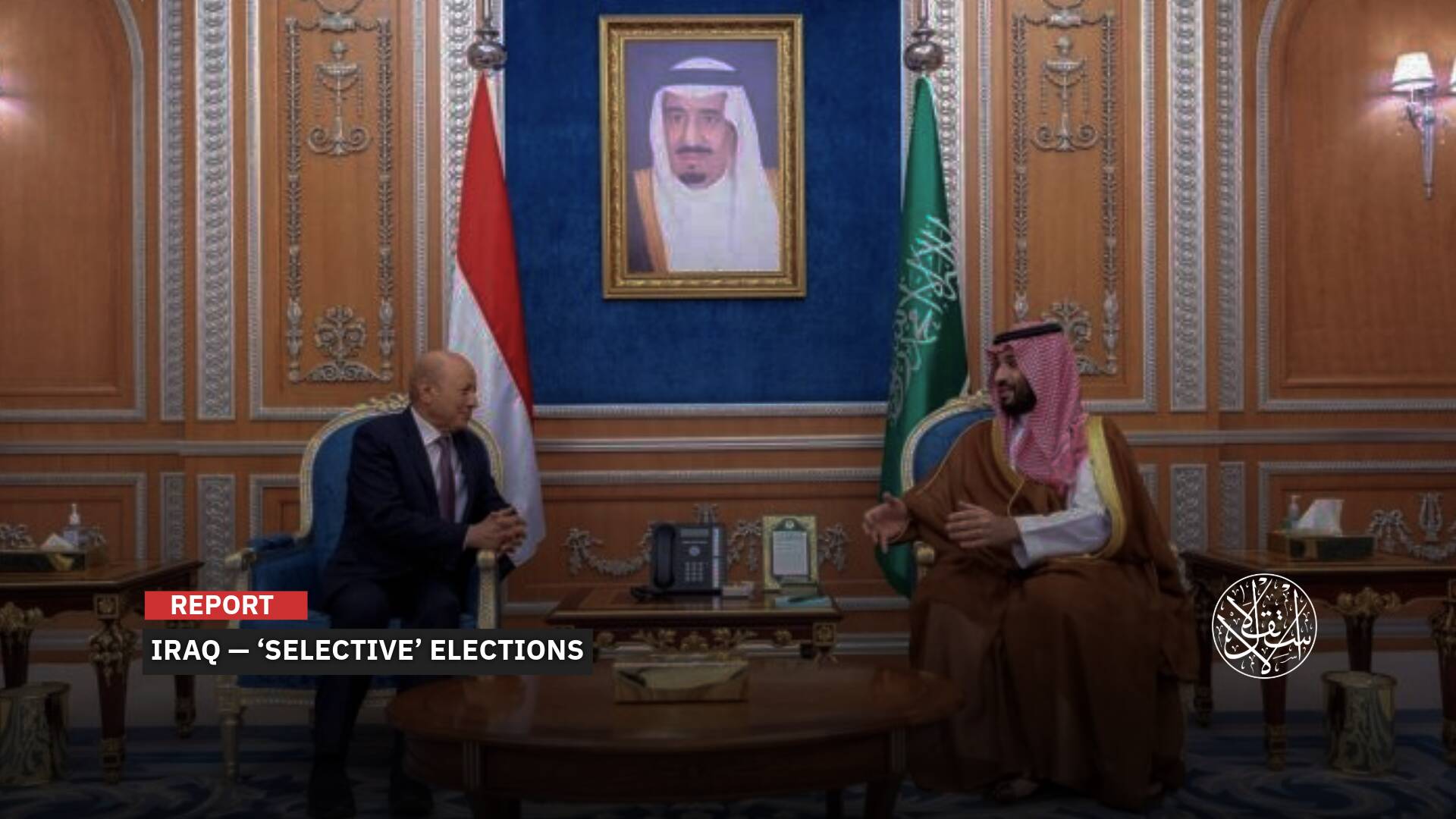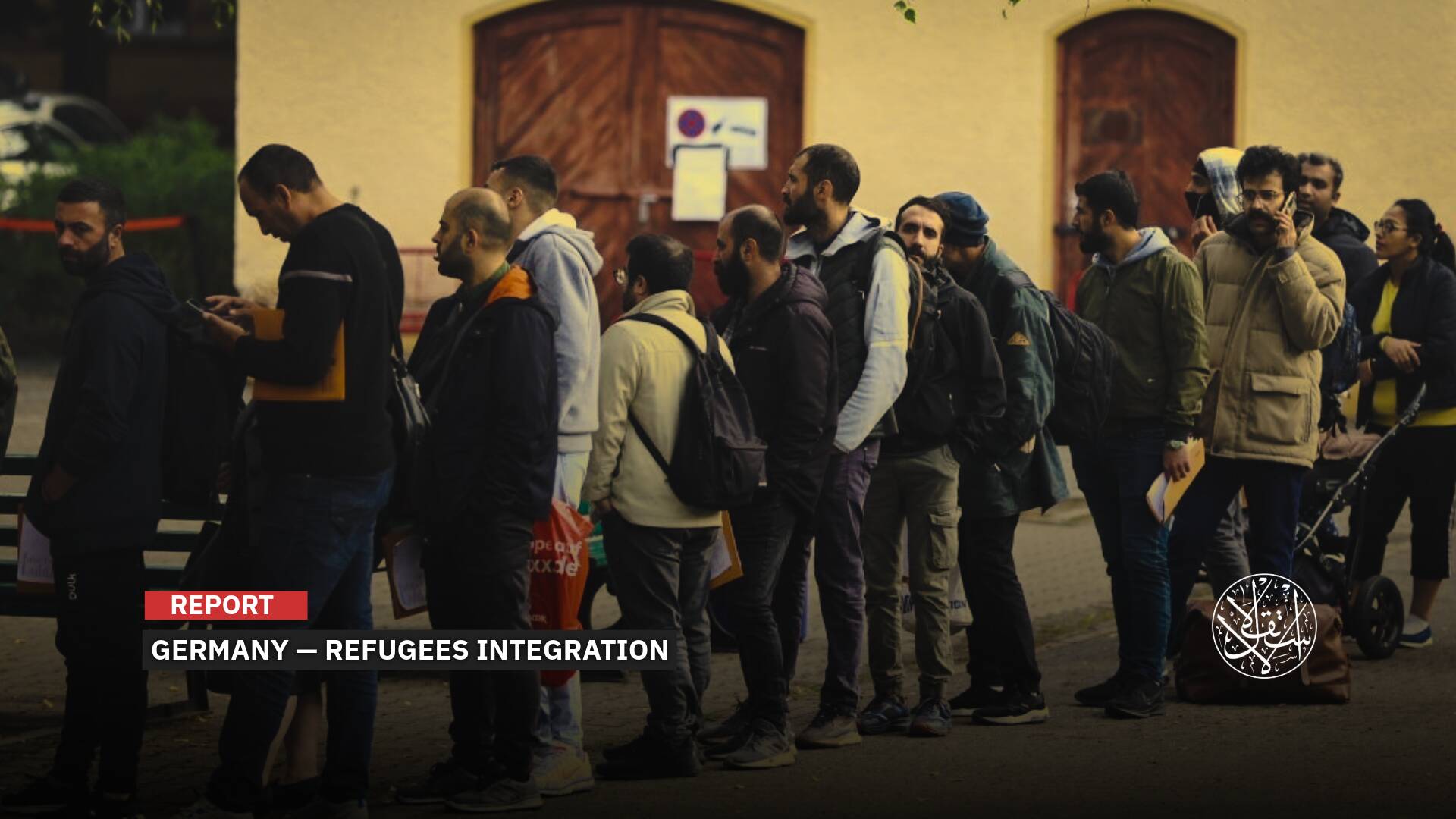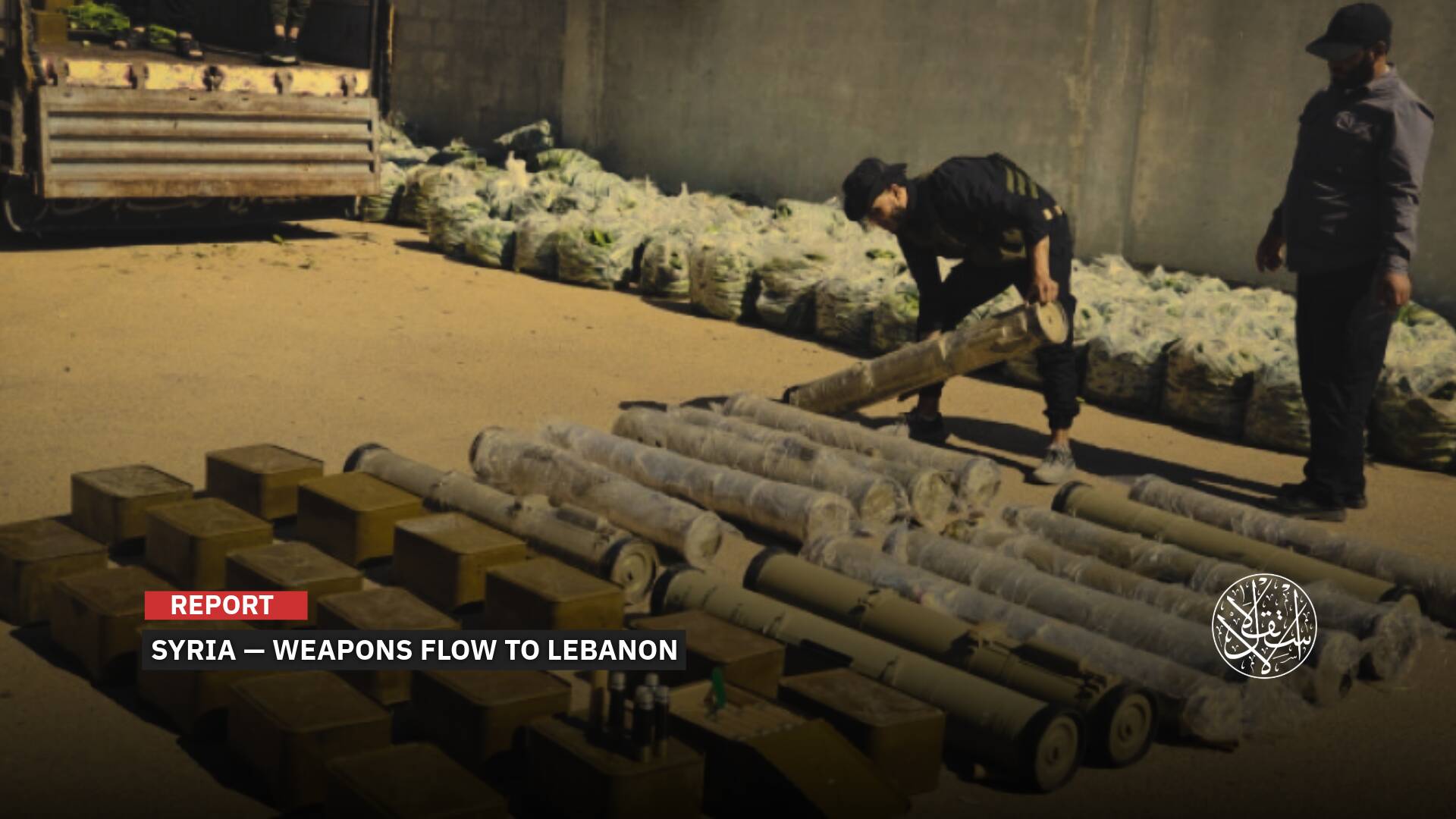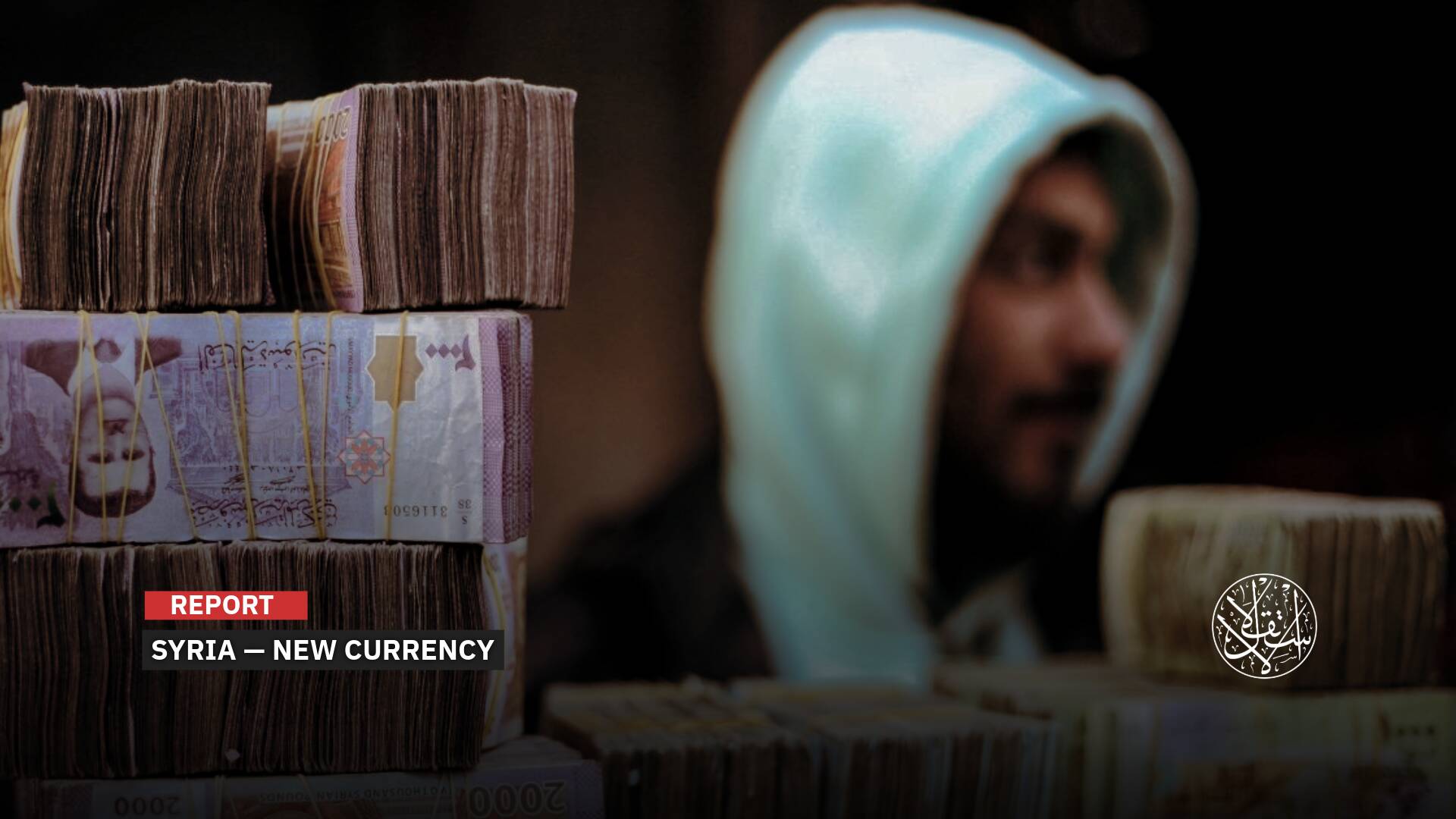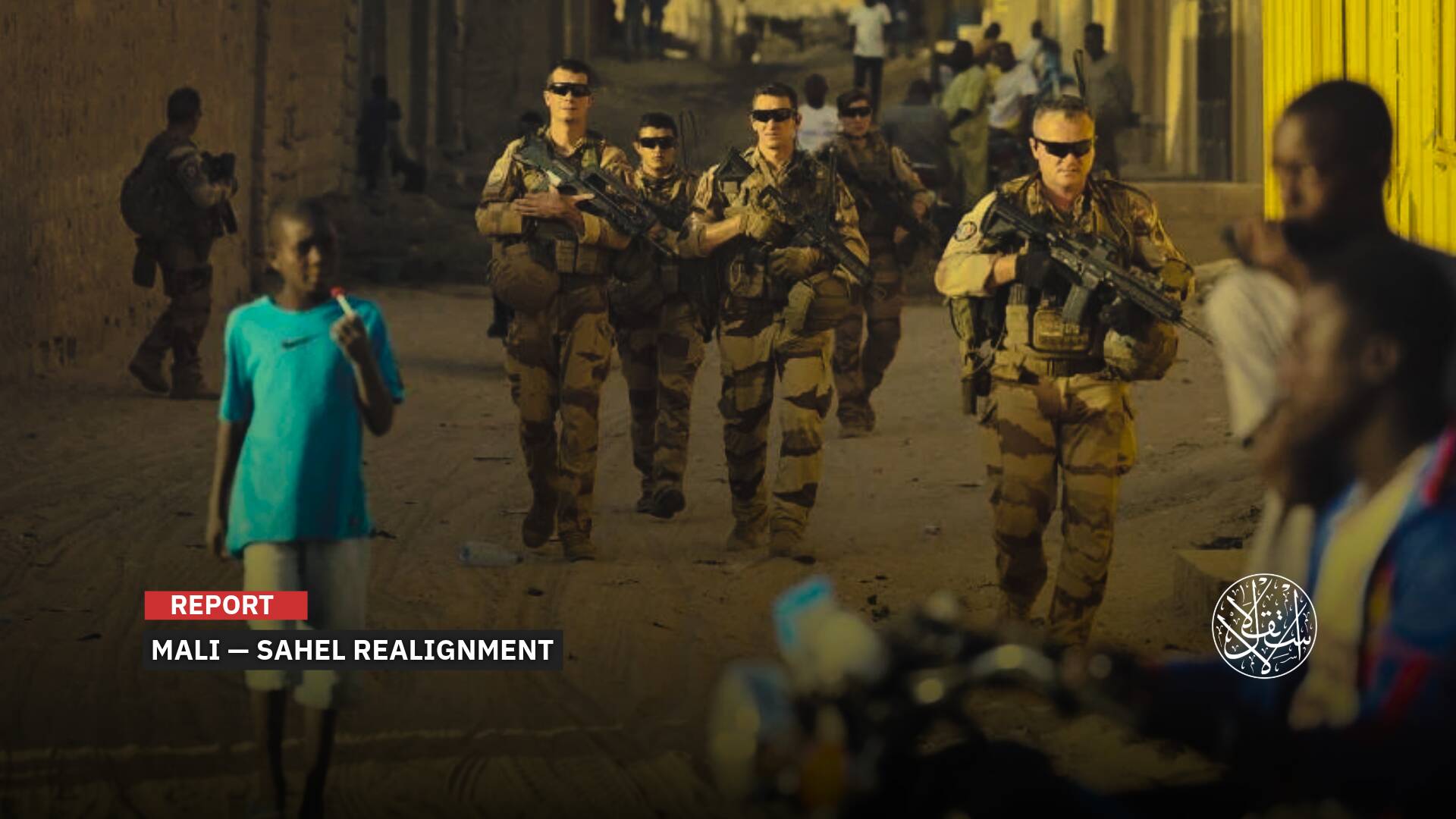After the PKK’s Disarmament: Is the SDF on the Brink of Fragmentation or Integration in Syria?

The televised scenes of the PKK laying down and burning its weapons in Iraq, as part of the peace process with Turkiye, sent a historic message marking the failure of the Kurdish secessionist project in the region.
This comes amid the continued intransigence of the Syrian Democratic Forces (SDF) — widely seen as an extension of the PKK — to integrate into the new Syrian state or hand over territory and arms to Damascus, in what many view as a lingering bet on separatist ambitions.

The Collapse of the Greater Project
On July 11, 2025, a group from the PKK destroyed their weapons in the Iraqi city of Sulaymaniyah, emerging from a cave near the border town of Surdash and heading toward a gathering in the area.
The fighters cast their arms into a large smelting cauldron, witnessed by Turkish intelligence officials, security forces from the Kurdistan Regional Government, members of the Turkish People’s Equality and Democracy Party, civil society representatives, and local media.
While the PKK’s original aim was to establish a Kurdish state in southeastern Turkiye, its goals have since evolved into a broader campaign for greater autonomy for the country’s Kurdish population.
The disarmament move followed the PKK’s May 2025 announcement that it would disband and renounce armed struggle, bringing an end to four decades of hostilities.
The group’s jailed leader, Abdullah Ocalan — imprisoned on an island near Istanbul since 1999 — had urged his followers in February 2025 to convene a congress, formally dissolve the party, and lay down their arms.
In a video message broadcast on July 9, 2025, Ocalan reiterated his appeal, saying, “I believe in the power of politics and social peace, not weapons.”
The PKK’s surrender dealt a direct blow — and at a particularly sensitive moment — to its military wing in Syria, the Syrian Democratic Forces (SDF). Over recent years, the so-called Kurdish “Autonomous Administration” in northeast Syria had pursued what many Syrian actors viewed as veiled secessionist projects aimed at carving out a de facto entity along Turkiye’s southern border.
Following the fall of Bashar al-Assad’s regime on December 8, 2024, the SDF stalled in handing over its territory to the new Syrian state, despite its commander, Mazloum Abdi, signing an agreement in Damascus with President Ahmed al-Sharaa on March 11, 2025, pledging full integration.
Yet the SDF failed to follow through on the agreed roadmap, continuing to obstruct its implementation despite the formation of joint committees tasked with transferring its territories to Syria.
In response, the Damascus government issued a statement via the official SANA news agency on July 9, 2025, reaffirming its unequivocal rejection of “any form of partition or federalism that undermines the sovereignty and territorial integrity of the Syrian Arab Republic.”
The government also warned that “betting on separatist projects or foreign agendas is a losing game.”
Founded in 1978, the PKK is designated a terrorist organization by Turkiye, the United States, and the European Union.
The PKK launched an armed insurgency against Ankara in 1984 in pursuit of a Kurdish state — a conflict that has claimed over 40,000 lives since its onset.
Following the outbreak of the Syrian uprising in 2011, the now-defunct regime of Bashar al-Assad — long aligned with the PKK — handed over parts of the oil-rich Hasakah province in northeast Syria to the group’s affiliates.
In that vacuum, the so-called Kurdish “Autonomous Administration” was formed, later becoming the political umbrella for the U.S.-backed Syrian Democratic Forces (SDF), established in October 2015.
At the core of the SDF is the YPG, widely recognized as the armed wing of the Democratic Union Party (PYD), which itself functions as the Syrian branch of the Kurdistan Workers’ Party (PKK).

The Breaking Point for the SDF
Notably, the American stance went beyond military support for the SDF — which has been ongoing since 2015 — issuing clear warnings against any ambitions that threaten Syria’s territorial unity.
While PKK fighters marked what many saw as a historic turning point in their conflict with Turkiye, the U.S. envoy to Syria, Tom Barrett, stated on July 11, 2025, that the United States does not owe the SDF the establishment of an independent state.
Speaking to CNN Turk, Barrett clarified that the so-called “Syrian Democratic Forces” are effectively an extension of the People’s Protection Units (YPG), which in turn are linked to the PKK.
He added that there is a common perception among Americans that “we were partners with the Syrian Democratic Forces, and therefore we owe them,” questioning, “What do we owe them?”
This was not the only criticism directed at the SDF by the US envoy. On July 9, 2025, Tom Barrack said there was only one path ahead for them — heading to Damascus — explaining that “federalism does not work in Syria.”
Barrack further told the Kurdish news agency Rudaw that the Syrian government has shown incredible enthusiasm to integrate the SDF into its institutions under the principle of one state, one nation, one army, one government.
Barrack also noted that the Syrian Democratic Forces have been slow to respond, negotiate, and move forward along this path.
In this context, Brigadier General Abdullah al-Asaad, retired and head of the Rasd Center for Strategic Studies, told Al-Estiklal newspaper that “the disarmament of PKK fighters will disrupt the calculations of the SDF in Syria and deal a severe blow to separatist projects, especially after the collapse of this project in Turkiye.”
He added that there is an international consensus that states—not militias, which have wreaked havoc from the PKK to Hezbollah and the Popular Mobilization Forces—are the foundation of order.
“The repercussions of the PKK handing over its weapons in Iraq and Turkiye create a positive climate that pushes the SDF to fall under the umbrella of the Syrian state and break all the separatist projects it had been pursuing in Syria,” al-Asaad added.
“The disbanding of the PKK and its disarmament, alongside Washington’s candid statements that the SDF cannot establish an independent state in Syria, breaks the back of the separatist project.”
“Indeed, the party most invested in the dream of forming an independent state—the PKK—has begun to abandon its project, which helps explain the US envoy’s remarks that the SDF’s only path forward is through Damascus,” al-Asaad noted.
Kurdish affairs specialist Hoshang Osi argued that “before Syria achieves a just national democracy, it would be catastrophic for the SDF to hand over their weapons to a state that is constitutionally unstable, lacking a real army, a national president, and an elected national government and parliament.”
Speaking in a televised interview on July 11, 2025, Osi added that “the SDF should not burn their weapons gratuitously and immediately as the PKK fighters did; rather, they should integrate with the new Syrian state.”
He also pointed out that the SDF “has clear political demands, including issues related to northeast Syria and the Kurdish component, as well as guarantees for a genuine democratic transformation in the country.”

Without Supporters
However, some observers believe that the SDF’s delay in fully integrating with the Syrian government stems from a “desire” within one of its factions to reinvest in Syria.
Analysts say this ambition is what continues to obstruct the SDF’s complete merger with Syria, which in turn keeps the option of military action to unify the country on the table.
Earlier, in May 2025, SDF commander Mazloum Abdi declared that “the PKK’s call to disarm concerns them alone and does not apply to our forces” in northeast Syria, which is governed by the Kurdish-led Autonomous Administration.
Political analyst Mohammed al-Baqai said that reaching a settlement over the PKK after more than 40 years of conflict with Turkiye signals the existence of a deal to end armed struggle while allowing a certain degree of political activity and recognition of some Kurdish cultural identities.
“This development will inevitably have repercussions beyond Turkiye, including the disarmament of the party’s fighters in Iraq,” he told Al-Estiklal.
According to al-Baqai, “As for the SDF in Syria, they have recently sought to distance themselves from any overt ties to the PKK. Yet everyone knows there is an intrinsic connection at the organizational and leadership levels, meaning what happens to the latter will have an impact on them.”
“There is a faction within the SDF that is deliberately delaying, hoping for new developments that would allow the forces to preserve their presence in Syria.”
“Some within the SDF see it as part of the regional settlement process and the activation of the full integration agreement with Syria, as outlined in the March 2025 deal — and this faction may be more dovish,” al-Baqai added.
Meanwhile, the “hawkish faction within the SDF, led by PKK commanders, may reject the settlement process and instead view Syrian territory as a refuge.”
Baqaaei predicted that the SDF’s position in northeast Syria would become unstable if it refuses all calls to integrate into the new Syrian state and endorse the country’s territorial unification.
“Separatist projects no longer have regional, international, or even domestic backers, which means their fate is failure — and this applies to the SDF as well,” al-Baqai concluded.
Sources
- A PKK Terrorist Group Destroys Its Weapons in the Iraqi City of Sulaymaniyah [Arabic]
- U.S. Envoy: The SDF’s Only Path Is Towards Damascus [Arabic]
- U.S. Envoy Tom Barrack: There Will Be No Independent State for the SDF in Syria [Arabic]
- The Beginning of the End of the Conflict"[...] PKK Fighters Burn Their Weapons and Erdoğan Comments [Arabic]


